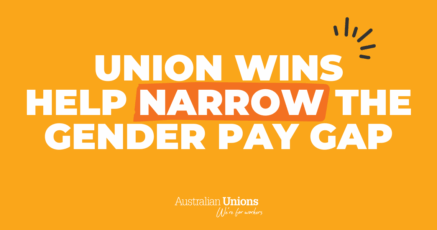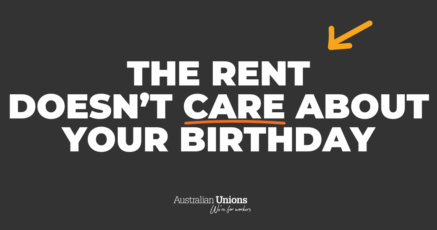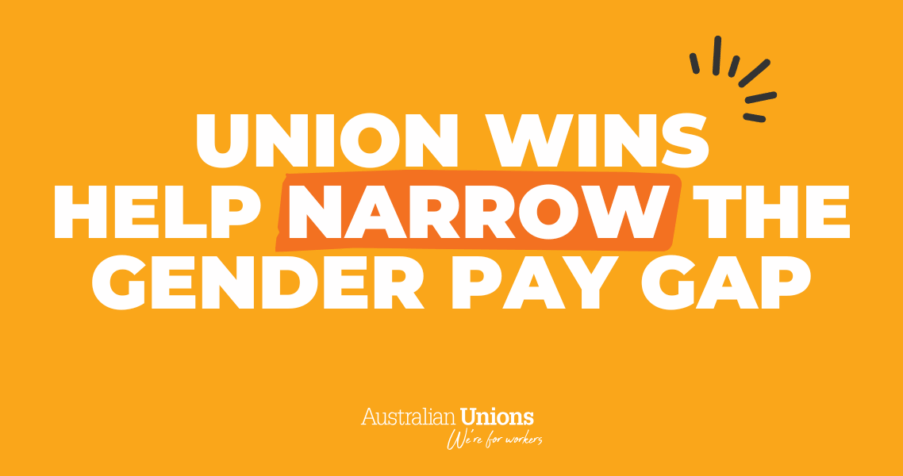Have you ever heard of the International Day for the Elimination of Racial Discrimination? If not, that’s exactly as the Liberal Government intended.
Two decades ago, then prime minister John Howard washed out a day that was meant to be about combatting structural racism. He replaced it with his own watered-down version: Harmony Day.
When the United Nations established the original Elimination of Racial Discrimination day, it was to commemorate the 1960 massacre in Sharpesville, South Africa. The event symbolised the epitome of racial inequality has police shot more than 50 people protesting Apartheid.
But since re-branding the day as Harmony Day, the Liberal Government barely acknowledged this history. Instead, they continue to endorse ‘feel good’ celebrations rather than take serious consideration of what we need to do to tackle structural and systemic racial discrimination.
Although Harmony Day was a John Howard invention, Scott Morrison has continued to largely ignore structural racism.
A sample of moments during which Morrison has demonstrated that he really does only consider tolerance to be a one-day event:
- Ignored Aboriginal families whose loved ones have died in custody on his watch
- Banned Australians in India from returning home last year despite never imposing such a ban to those returning from the US or UK
- Told international students to “go home” at the start of the pandemic rather than offer them a dollar of financial support.
Not to mention that Scott Morrison had been prime minister barely a month when he rejected the Uluru statement that called for an Indigenous voice to parliament. He showed us that he was no more eager than Howard and other Liberal politicians to tackle racial inequality.
Morrison can’t be trusted to sympathise, let alone empathise, with those who suffer the hurt and pain of the very structural inequalities his government perpetuates.
Yet despite this watering-down, the Sharpesville shooting and its commemoration weren’t ignored by all.
In March 1960, the ACTU condemned the shooting and union members took to the streets in protest, only to then be arrested. This action was part of a wider movement where union members in Australia spoke out against apartheid in South Africa.
Understanding the work that needed to be done back home too, union members played an integral role in progressing rights for First Nations workers.
During that same decade, union members backed wage equality for First Nations workers and in 1966 the Gurindji strike, otherwise known as the Wave Hill walk-off, took place. Aboriginal workers protested against racism, demanding Award wages, Land Rights and self-determination.
In more recent years, we have supported the Uluru Statement from the Heart and through the First Nations Workers Alliance, saw the abolition of the punitive Community Development Program.
The Program saw thousands of mostly Indigenous participants forced to undertake an endless cycle of Work for the Dole activities or suffer harsh and coercive penalties for failing to do so.
It must be replaced with a new program, and we are working to ensure the Liberal Government does not repeat its mistakes.
Unions have a long history of working to address racism in this country. We’ve always worked towards purposeful change because we believe in fundamental rights that benefit all workers.
If you want to see change, together, we can take action to drive that change. Union members are building fairer and safer workplaces for today – and tomorrow.
Already a union member? Join the FNWA.






SHARE:
Why ‘Harmony Day’ is another Morrison cop-out